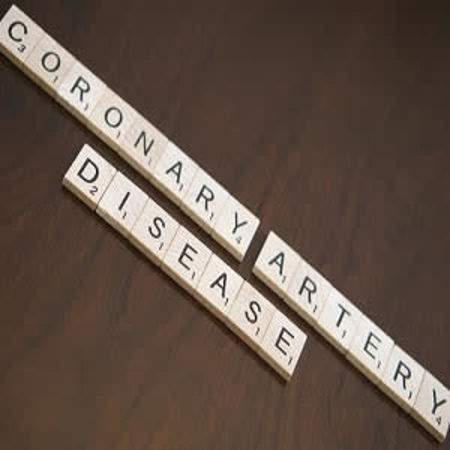New findings from the Multi-Ethnic Study of Atherosclerosis (MESA) show that minimally elevated coronary artery calcification (CAC) is associated with a low rate of ischaemic stroke/transient ischaemic attack (TIA) events. While a minimal CAC score of 1-10 is not a valuable predictive marker for ischaemic stroke/TIA, this may provide an early and asymptomatic sign of carotid artery disease, according to researchers.
CAC is an established marker of subclinical atherosclerosis and an independent predictor of future coronary heart disease (CHD) and cardiovascular disease (CVD). In contrast, the prognostic value of a minimal CAC score of 1–10, compared with no CAC, relative to the incidence of ischaemic stroke/TIA has not been fully investigated.
The current study assessed whether individuals with minimal CAC (corresponding to an Agatston score of 1–10) have similar or higher ischaemic stroke/TIA event rates when compared with those without CAC. Investigators also examined the prevalence of carotid artery atherosclerosis in individuals with minimal or no CAC.
A total of 3,924 participants from the MESA study without previous cardiovascular events, including stroke, and with baseline CAC scores of 0–10 were followed for the occurrence of incident ischaemic stroke/TIA. Investigators used carotid ultrasound to detect carotid artery plaques and to measure the intima-media thickness (IMT).
During a median follow-up of 13.2 years, 130 participants developed incident ischaemic stroke/TIA. There was no significant difference in the ischaemic stroke/TIA incidence between those with minimal CAC and no CAC (3.7 versus 2.7 per 1,000 person-years). In participants with minimal CAC, investigators observed a significant association of the condition with an internal carotid artery (ICA) that had a greater-than-average IMT (ICA-IMT; β = 0.071, p = 0.001) and a higher odds ratio (OR) for carotid artery plaques (OR 1.46; with a 95% confidence interval [CI] of 1.18–1.80; p < 0.001).
The results suggest that individuals with minimally increased CAC scores might have a higher risk for CHD/CVD but apparently do not have an increased risk of ischaemic stroke/TIA. A carotid artery evaluation even in low-risk individuals with CAC scores of 0–10 may provide predictive value for the early detection of subclinical CHD/CVD, according to investigators.
"Given the positive association of the atherosclerotic burden between IMT and CAC as described in the current study, CAC may be an effective tool to identify individuals with minimal CAC scores who would benefit from carotid IMT examination," the authors write. "Further research for evaluating the clinical usefulness of combining minimal CAC and carotid artery measurements to predict ischaemic stroke/TIA is clearly warranted, and our group is currently working on such investigations."
The study has some important limitations, including the relatively small number of ischaemic stroke/TIA (there were only 19 ischaemic stroke/TIA events in the minimal CAC score group). The numbers were also inadequate to evaluate the ethnic-specific risk of minimal CAC. Therefore, these results must be interpreted cautiously, the authors note.
Source: Atherosclerosis
Image Credit: Sharon Sinclair
References:
Osawa K et al. (2018) ischaemic stroke/transient ischaemic attack events and carotid artery disease in the absence of or with minimal coronary artery calcification: Results from the Multi-Ethnic Study of Atherosclerosis. Atherosclerosis. Published online: 17 May 2018 DOI: https://doi.org/10.1016/j.atherosclerosis.2018.05.027
Latest Articles
ischaemic stroke, coronary artery calcification, transient ischaemic attack, carotid artery disease
New findings from the Multi-Ethnic Study of Atherosclerosis (MESA) show that minimally elevated coronary artery calcification (CAC) is associated with a low rate of ischaemic stroke/transient ischaemic attack (TIA) events. While a minimal CAC score of 1-1
























